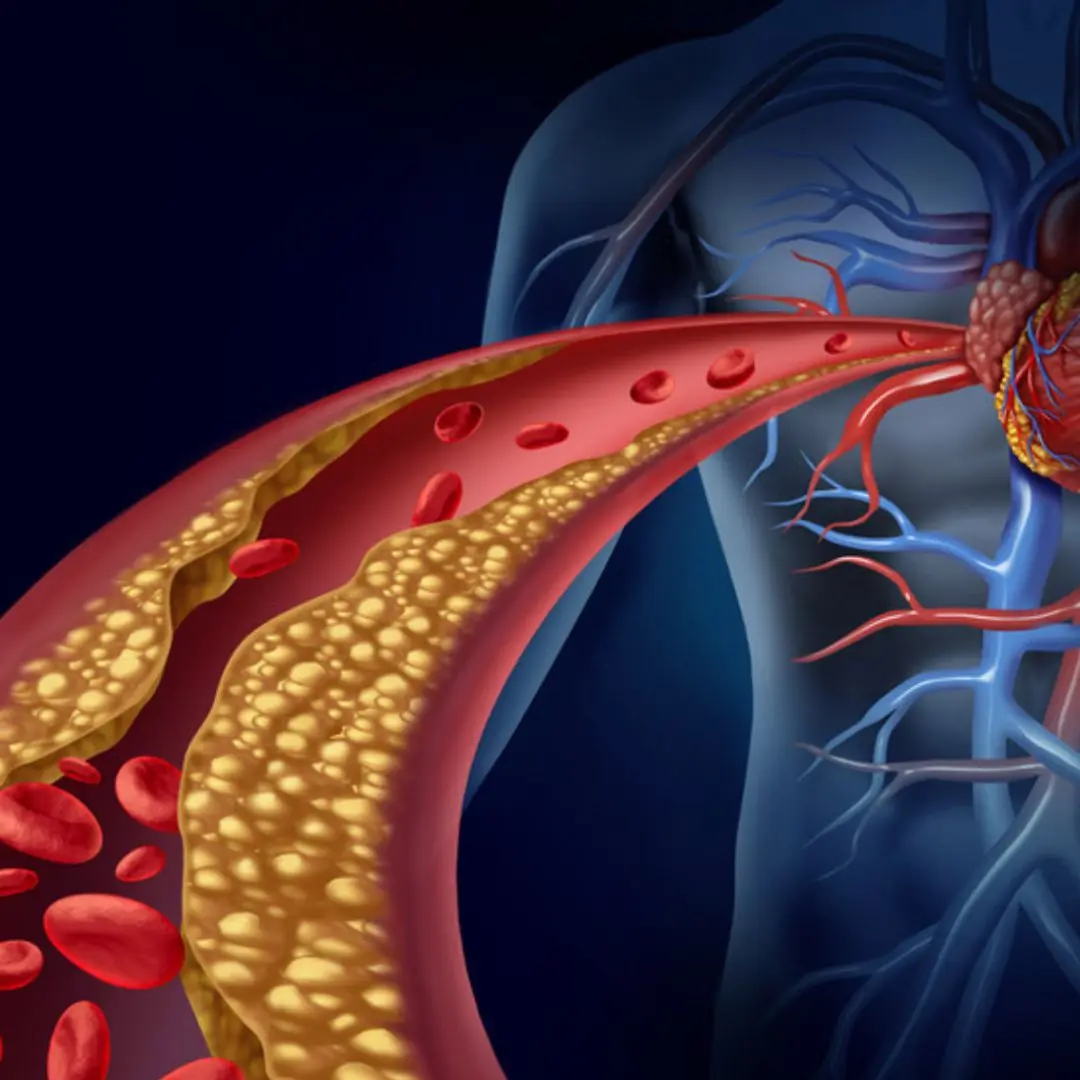
Recognizing High Blo.od Sugar: 7 Early Signs You Should Not Ignore
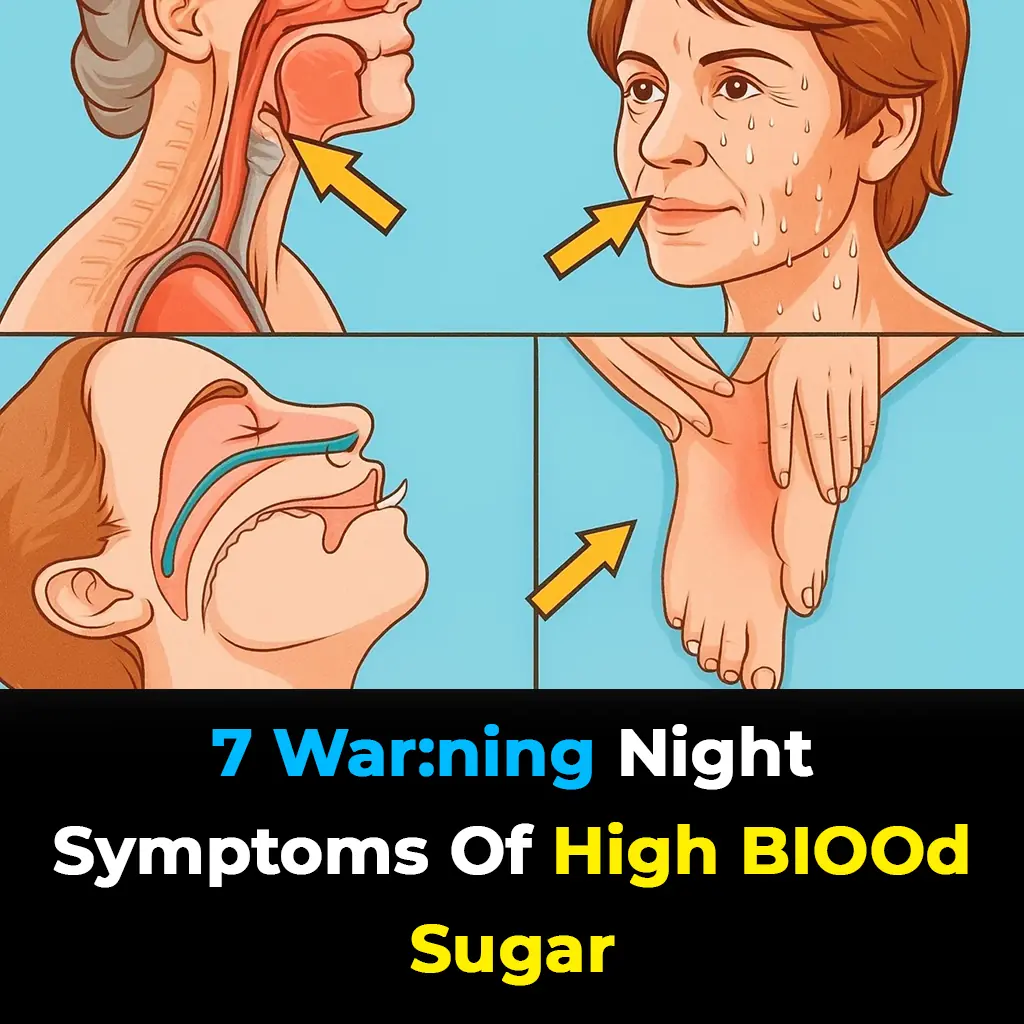
High blo.od sugar, also known as hyperglycemia, is a condition that often develops quietly. Many people do not realize their blo.od sugar is rising until symptoms become more noticeable or complications begin to appear. Early detection is crucial because consistently high blo.od sugar can lead to diabetes, nerve damage, heart issues, kidney disease, and long-term metabolic problems.
Understanding the early signs gives you the chance to take action BEFORE the situation becomes serious. Here are 7 early symptoms of high blo.od sugar you should never overlook, along with practical ways to prevent and control it.
1. Frequent Thirst (Polydipsia)
One of the earliest warning signs of high blo.od sugar is constant thirst, even if you are drinking enough water. When excess sugar builds up in the bloodstream, the body pulls water from tissues to dilute it, making you feel dehydrated.
What to watch for
-
Feeling thirsty immediately after drinking
-
Dry mouth or sticky saliva
-
Waking up at night to drink water
2. Increased Urination (Polyuria)
High blood sugar forces the kidneys to work harder to filter excess glucose. The result? Frequent trips to the bathroom, often in large amounts.
What to watch for
-
Urinating more than 7–8 times a day
-
Waking up multiple times at night
-
Pale or excessive urine volume
3. Persistent Fatigue and Low Energy
Even though blood sugar is high, your cells cannot use it efficiently due to insulin resistance or insulin shortage. This leaves your body feeling drained.
What to watch for
-
Feeling exhausted even after resting
-
Lack of concentration
-
Heaviness in the body
Fatigue that doesn’t improve is a key red flag.

4. Blurry Vision
High sugar levels pull fluid from the lenses of your eyes, causing temporary vision changes.
What to watch for
-
Blurred or foggy vision
-
Difficulty focusing
-
Eye strain after reading
Untreated high blo.od sugar can dam.age blo.od vessels in the retina.

5. Increased Hunger (Polyphagia)
Your body may think it’s “starving” because glucose is not entering the cells properly, triggering constant hunger - even shortly after eating.
What to watch for
-
Feeling hungry every 1–2 hours
-
Craving sweet or high-carb foods
-
Never feeling full after meals
6. Slow Healing Wounds
Excess glucose stiffens blood vessels, reduces circulation, and weakens the immune system. This makes it harder for cuts, bruises, or skin infections to heal.
What to watch for
-
Wounds taking longer to close
-
Persistent scabs
-
Skin infections or repeated inflammation
7. Tingling or Numbness in Hands and Feet
Long-term high blood sugar can begin to damage nerves - a condition known as diabetic neuropathy.
What to watch for
-
Tingling or “pins and needles”
-
Numbness in feet or fingertips
-
Burning or sudden sharp pains
Ignoring this symptom can lead to severe complications later.
How to Prevent High Blo.od Sugar
Even if you experience early signs, it’s possible to bring blood sugar under control with lifestyle changes and proper care.
1. Eat a Balanced, Low-Glycemic Diet
Choosing foods that digest slowly helps stabilize blood sugar.
Recommended foods
-
Whole grains
-
Leafy greens
-
Beans and lentils
-
Lean proteins
-
Nuts and seeds
Limit
-
Sugary drinks
-
Processed snacks
-
White bread, white rice
-
Sweets and desserts
2. Exercise Regularly
Physical activity increases insulin sensitivity and helps your body use glucose more efficiently.
Best activities
-
Brisk walking
-
Cycling
-
Strength training
-
Yoga
Aim for 30 minutes a day, 5 days a week.
3. Stay Hydrated
Water helps the kidneys flush excess sugar.
-
Drink 6–8 glasses of water daily
-
Avoid sodas and sugary beverages
4. Manage Stress
Stress hormones like cortisol raise blood sugar.
Effective stress-relief techniques
-
Meditation
-
Deep breathing
-
Gentle stretching
-
Adequate sleep
5. Watch Your Weight
Even a small reduction in weight (5–7%) can significantly improve blood sugar control.
6. Monitor Your Blood Sugar
If you are at risk or have symptoms, regular monitoring helps catch problems early.
7. Seek Medical Advice When Needed
If you experience multiple symptoms, consult a healthcare provider. Early diagnosis leads to better outcomes.
Final Thoughts
High blo.od sugar doesn’t always announce itself loudly - sometimes, the earliest signs are subtle. By paying attention to changes in thirst, urination, vision, hunger, and energy levels, you can recognize the problem before it escalates. Preventing hyperglycemia starts with healthy habits, balanced nutrition, and regular activity.
Taking action early is the best way to protect your long-term health.
News in the same category

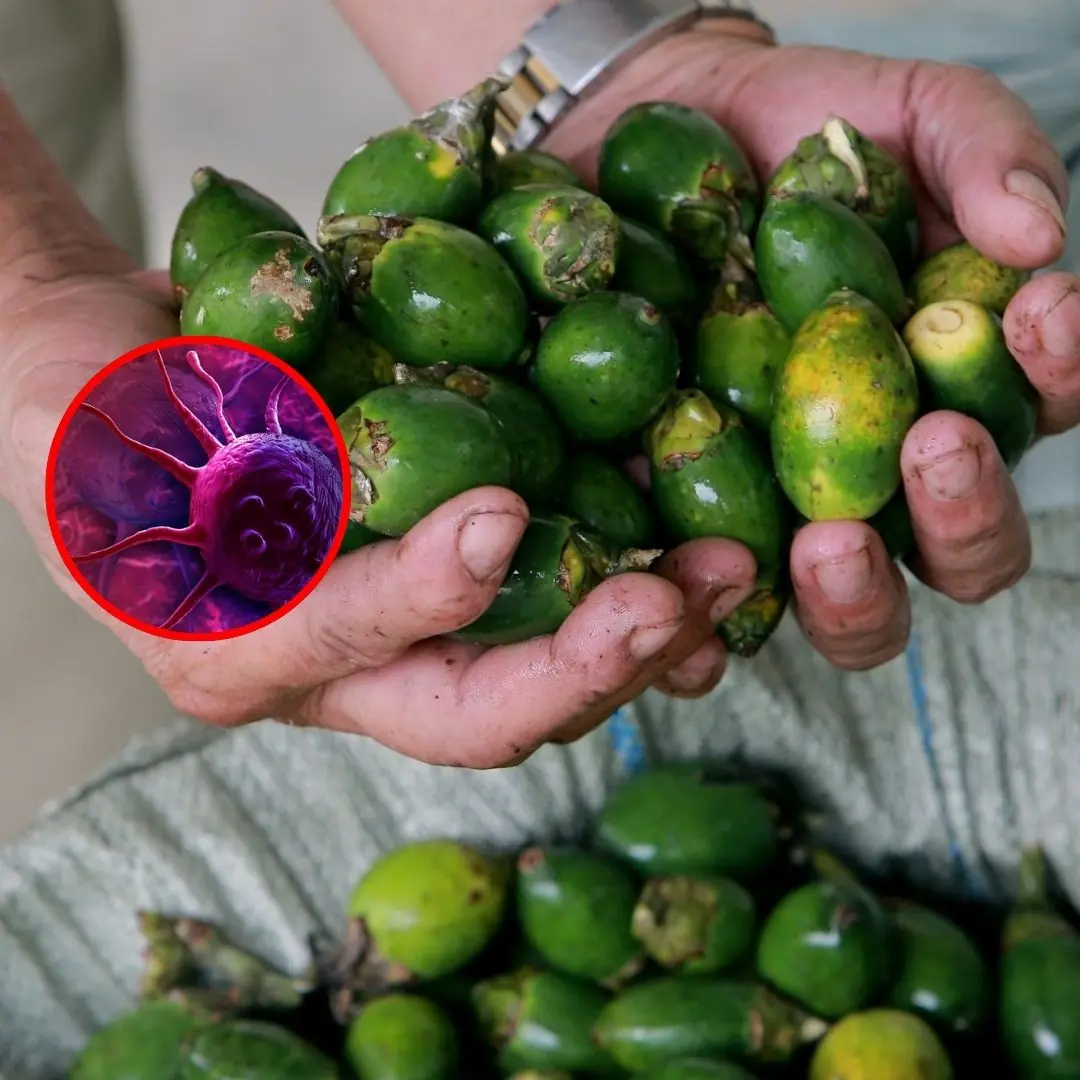
4 fruits that "feed" can.cer cells avoid them at all costs, no matter how cheap they are
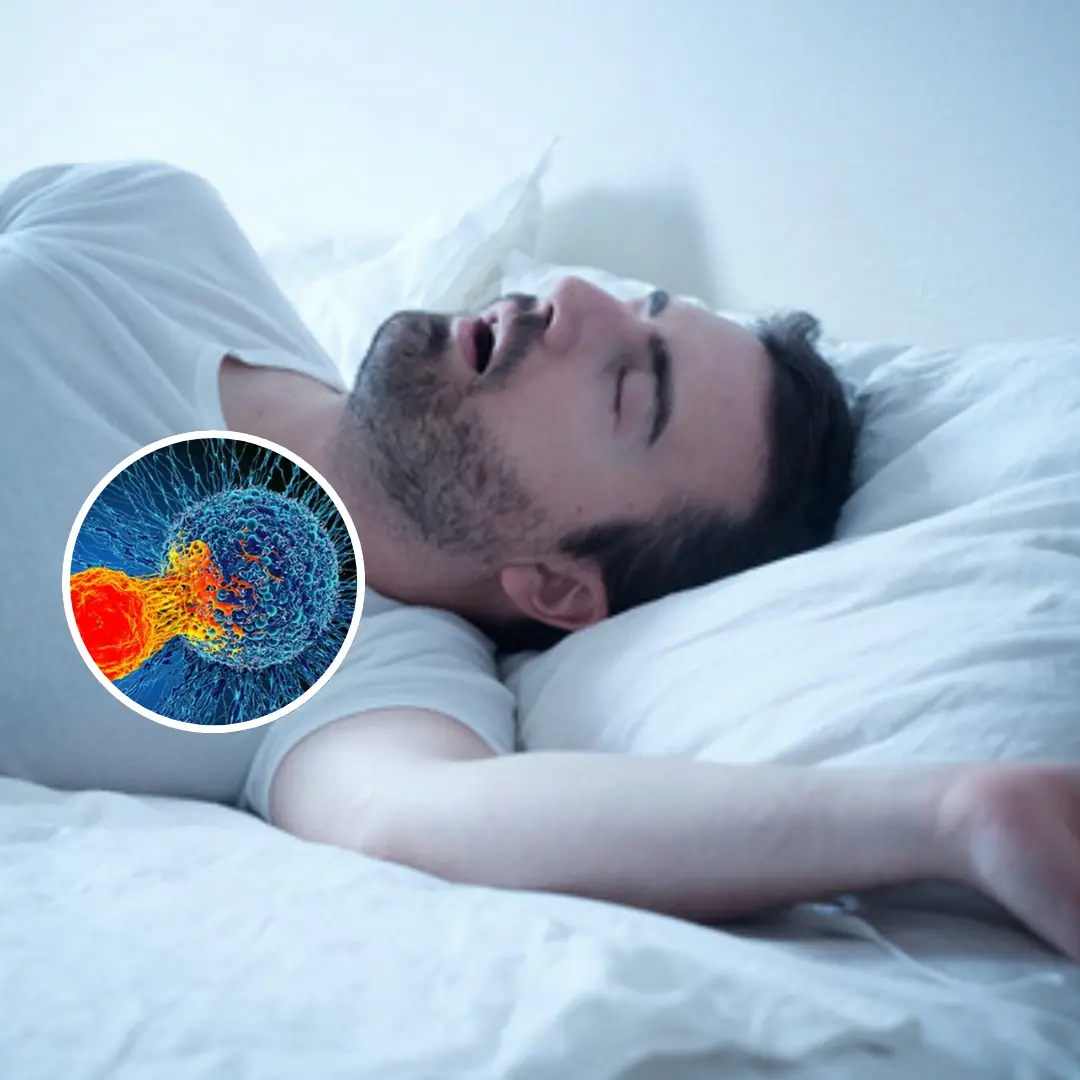
5 nighttime symptoms while sleeping that could indicate can.cer

42-year-old man suffers sudden stro.ke despite not smo.king or drin.king: Doctor says it was caused by “three habits”
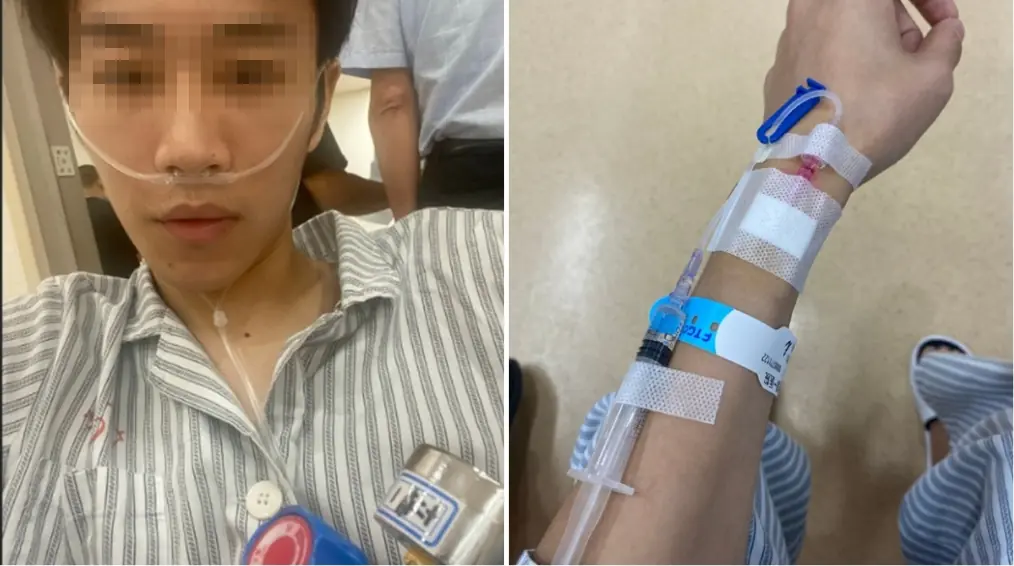
A mother and her two sons all develop lu.ng can.cer even though no one in the family smokes — The unexpected cause
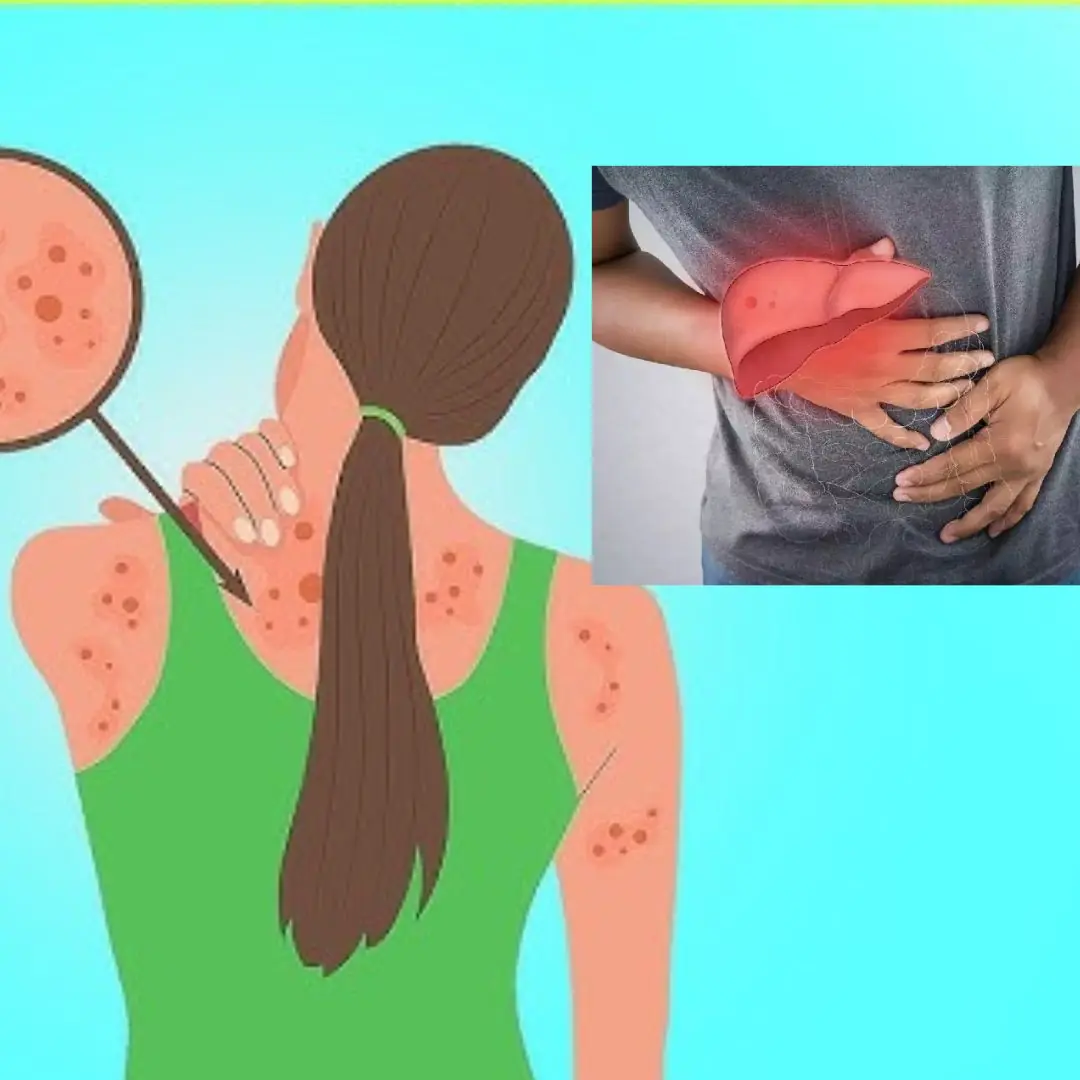
4 Evening Symptoms That May Signal Liver Failure
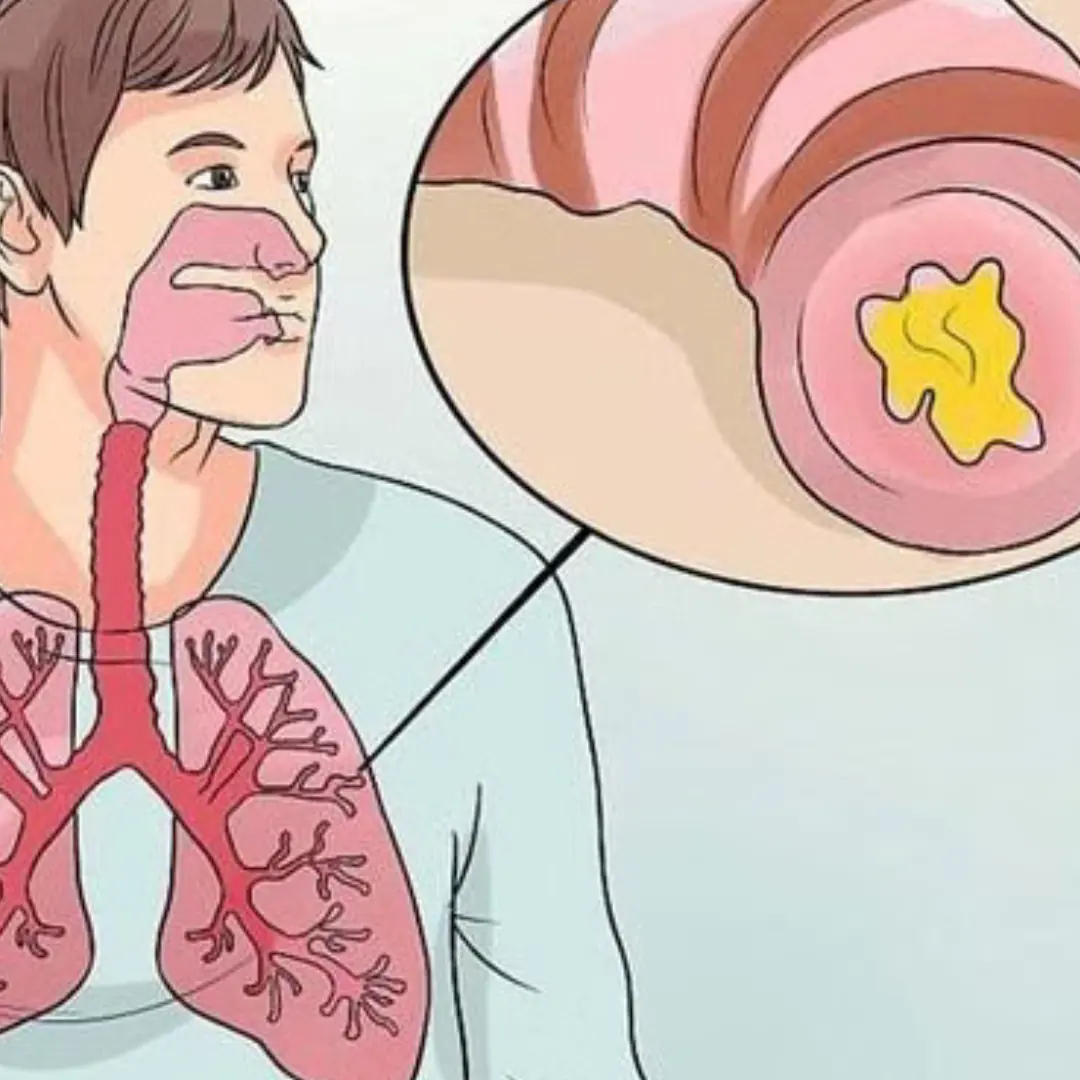
Symptoms of chronic bronchitis and treatment

A Common Mistake Everyone Makes: It’s Not Leftovers — These 5 Foods Are the Real “Silent Kil.lers” Hiding in Your Kitchen!
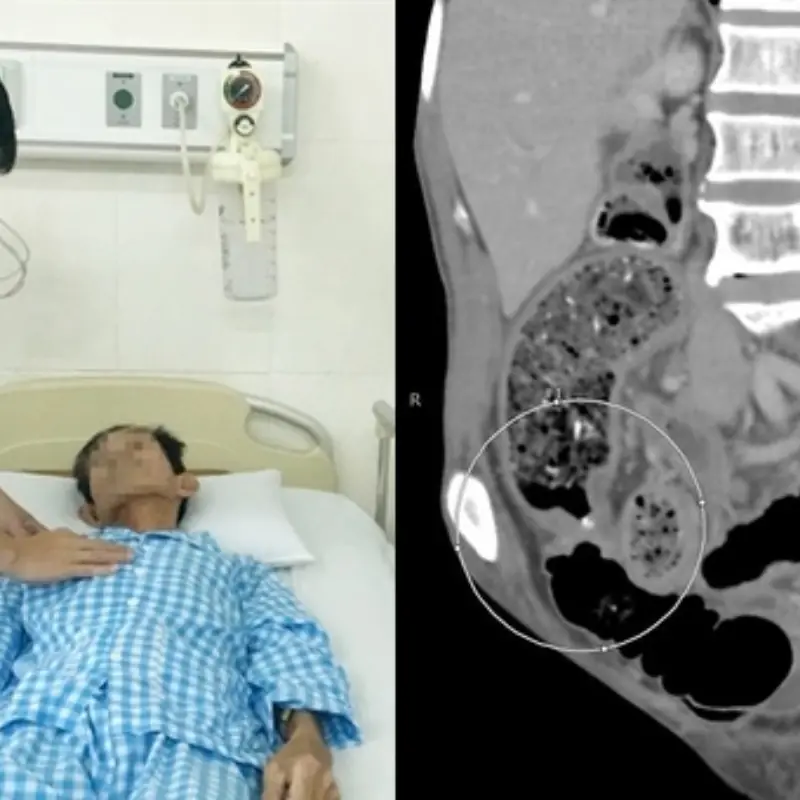
Doctors Reveal the Cause: Ignoring His Constipation Symptoms Cost a 41-Year-Old Man His Life in Just One Month
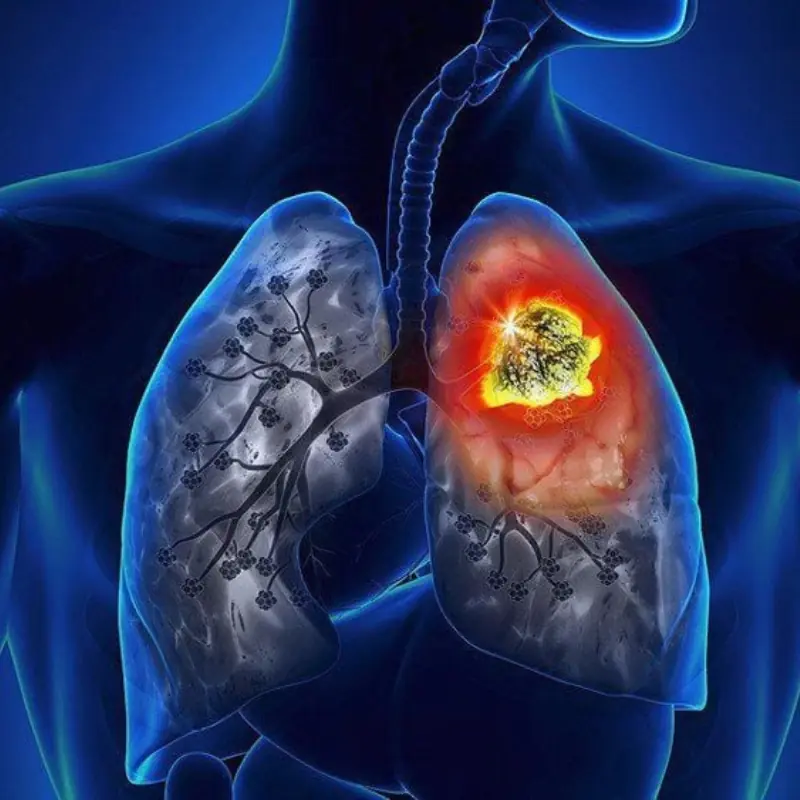
A Small Spot on the Chest Seemed Harmless… but Doctors Say It’s a ‘Silent Killer’ Hiding in the Lungs
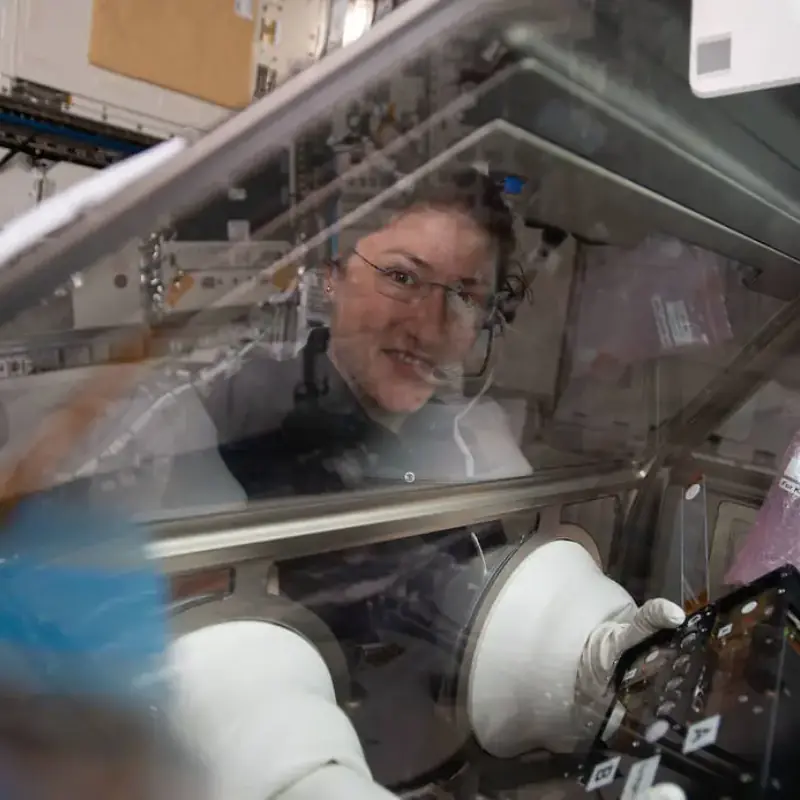
Shocking: A Mission to Mars Could ‘Destroy’ Astronauts’ Kid.neys — What Is NASA Warning About?

The Faithful Dog Who Braved the Storm and Found Love in the Most Unexpected Companion

She Walked Away and Chose Her Son Over Me — But It Was Grandma Who Stepped In and Taught Her a Lesson That Changed Everything Forever
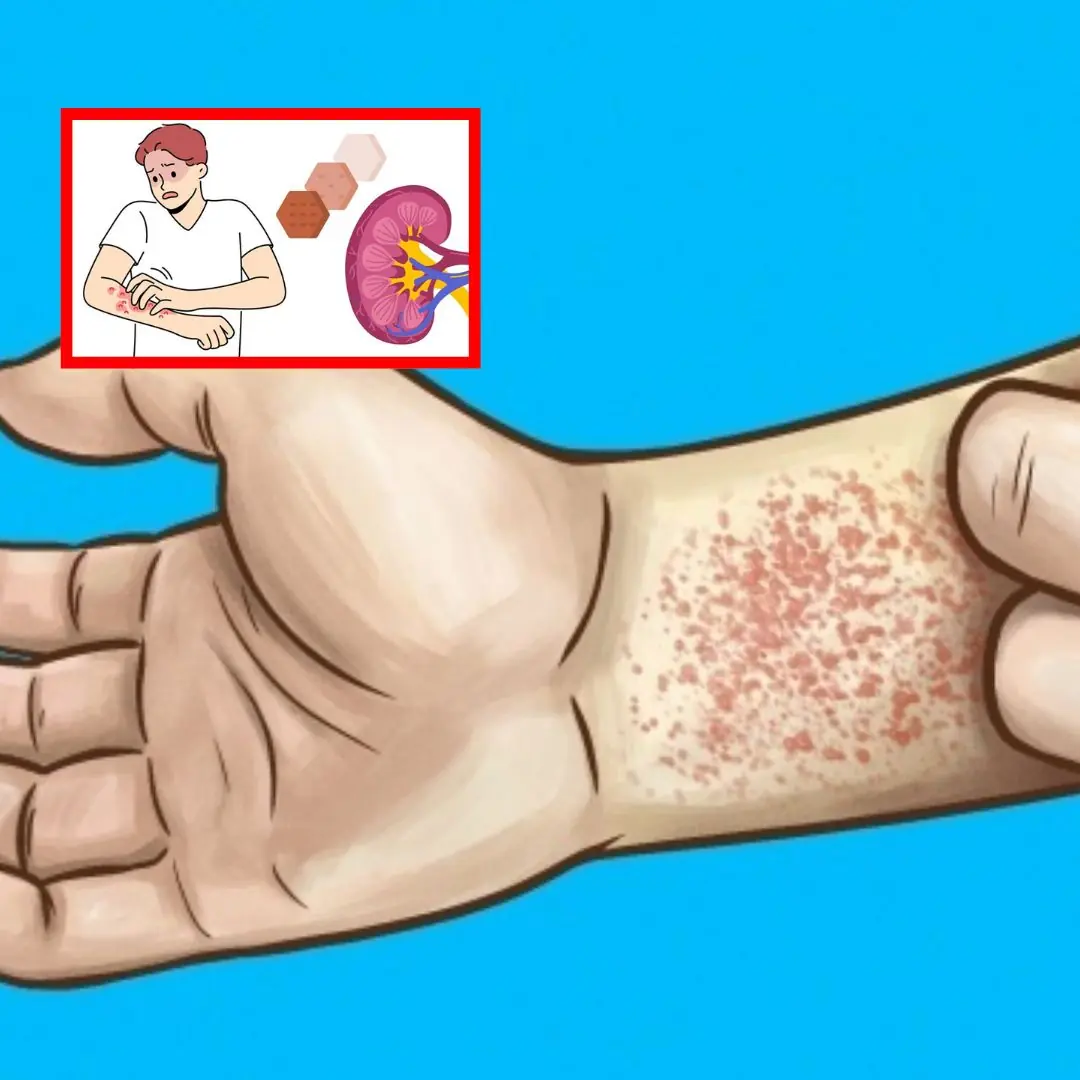
10 signs that you have kidney disease without knowing it
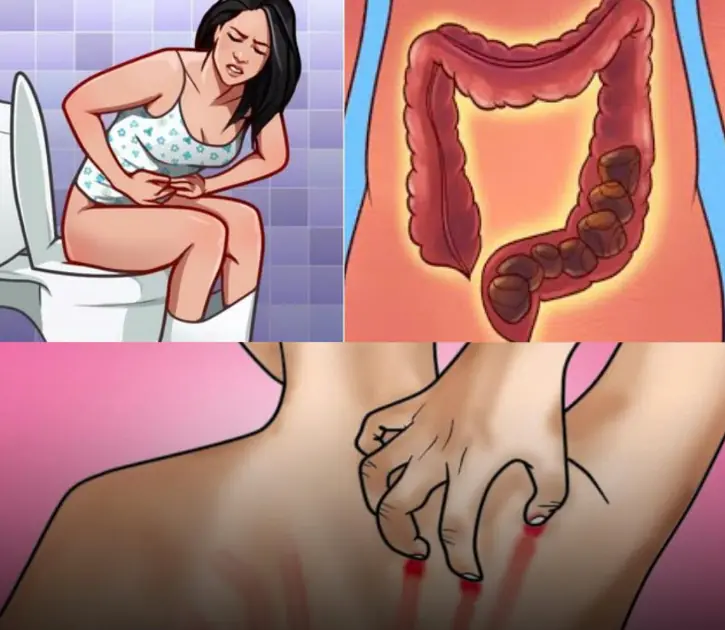
10 Warning Signs That May Indicate Abnormal Cell Growth in the Body

8 Ways To Get Rid Of Phlegm And Mucus In Chest And Throat
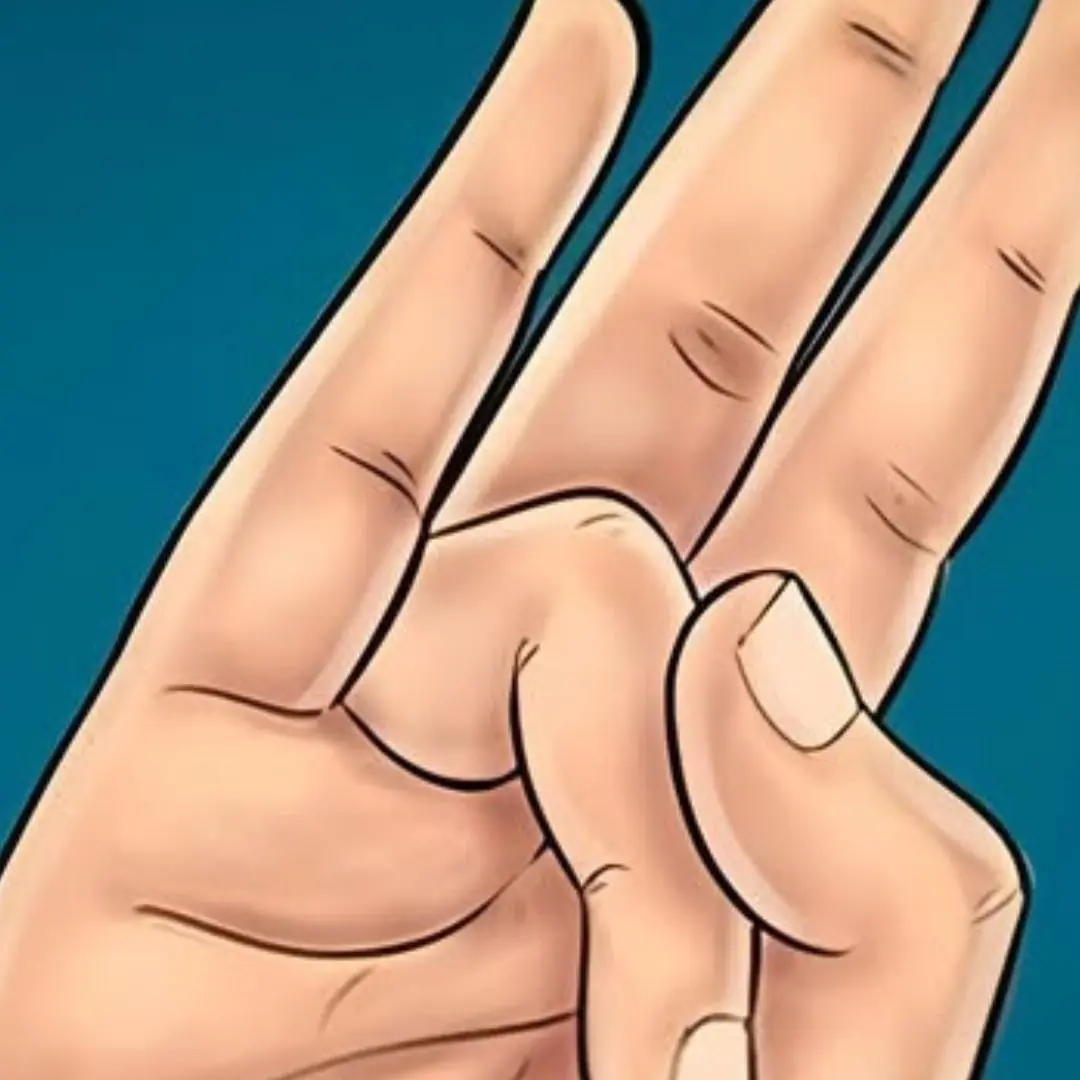
Stretch your ring finger with your thumb and hold it for a few seconds. you'll love the reason!

4 “Can.cer-Causing Culprits” Hiding Quietly in Your Home

Black beans combine these two types of seeds to become a 'miracle drug': Increase collagen production, slow down aging, prolong life 👇 👇
News Post

Japanese Ebi Fry Omurice with Curry Sauce

Caramelized Pork Ribs with Pineapple

Mediterranean Pan-Seared Fish

Brie & Cranberry Phyllo Cups with Candied Walnuts

I Received a Letter from My Husband’s 'Mistress'—And It Said She’s Pregnant with His Baby

My Husband’s Ex-Wife Showed Up At Our Door—With Our Daughter

My Ex-Husband Surrendered Our Pet to a Shelter During Our Divorce, Unknowingly Draining His Finances

From Gentle Waters to Gentle Hearts: What Otters Can Teach Us About Gratitude and Enduring Love

“You don’t belong at the table. It’s my birthday — your place is in the kitchen,” the husband declared to his wife

Denis will stay with us for a couple of days, you don’t mind, do you? — Vitya asked his wife

At a family dinner my mother-in-law humiliated me in front of all the relatives. But everyone fell silent when I played on my phone her conversation with her lover…

When My Father Broke My Jaw for Talking Back: A Harsh Lesson in Silence

“I only asked you to pick up my laptop from the repair shop, and instead you were having coffee with your ex! Then go live with her! You don’t live here anymore! That’s it!”

The teacher, having seen the student’s hair, cut it right during the lesson. What happened next sho.cked everyone

Roasted Pears with Blue Cheese & Caramelized Walnuts

Pulled Beef Tacos with Fried Egg

Ice Cream Bombe with Pistachio, Rosewater & Raspberry

The Quiet Cartographer Of The Backyard: A Story Of Pip, The Tiny Terrier With A Grand Plan
